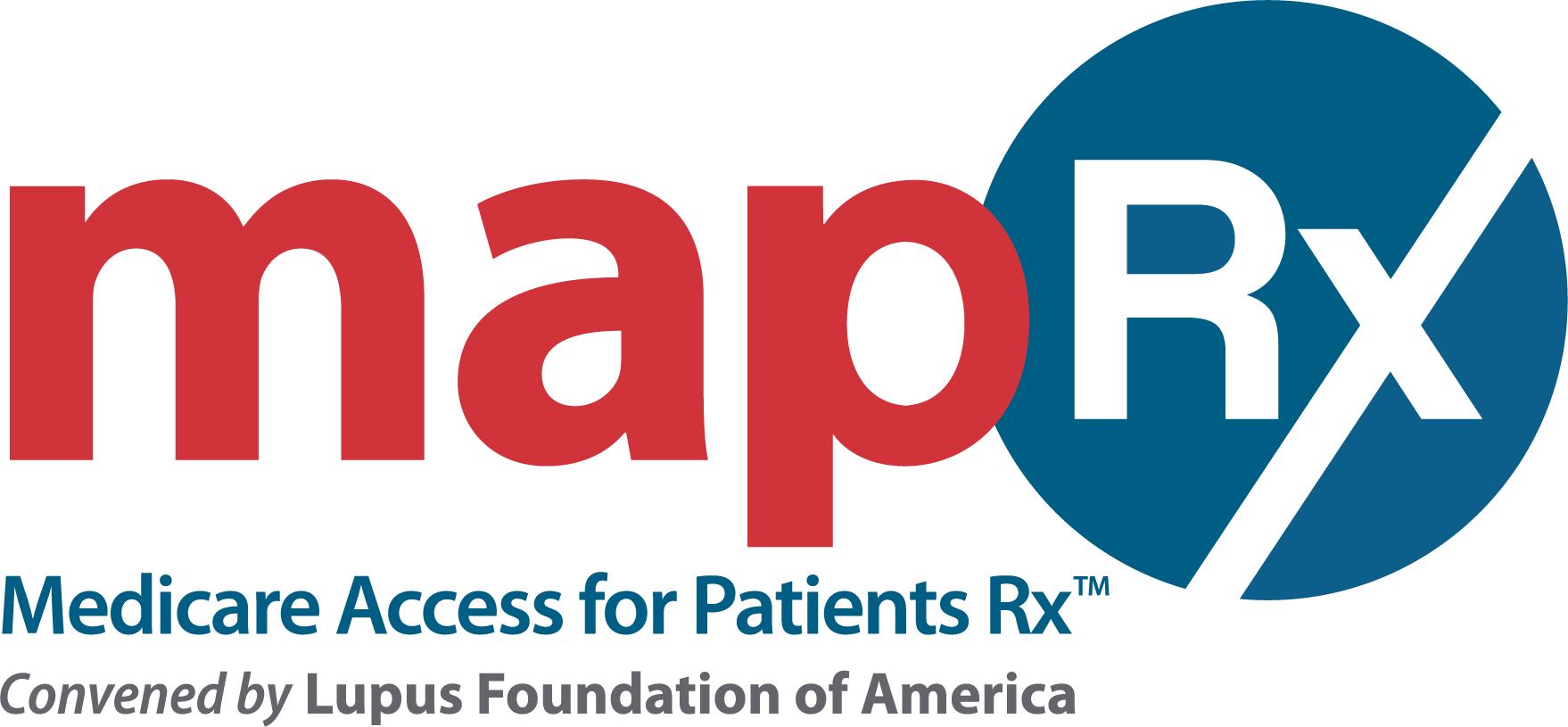Letter to the Congressional Joint Select Committee on Deficit Reduction urging the committee to resist proposals to erode beneficiary protections in Part D
The Honorable Patty Murray, Co-chair
The Honorable Jeb Hensarling, Co-chair
Joint Select Committee on Deficit Reduction
United States Congress
Washington, DC 20510
Dear Senator Murray, Rep. Hensarling, and Committee Members –
MAPRx brings together beneficiary, patient advocacy, family caregiver and health professional organizations committed to improving access to prescription medications and safeguarding the well-being of beneficiaries with chronic diseases and disabilities under the Medicare prescription drug benefit (Part D).
On behalf of millions of Medicare beneficiaries with chronic conditions who rely on Part D for essential medications, we urge you and fellow members of the joint deficit panel, or “supercommittee,” to protect the Part D program as you examine ways to reduce federal spending.
MAPRx is cognizant of the fiscal situation facing the nation. Furthermore, we recognize the enormity of the challenge the Committee faces. However, we are concerned that, in the effort to find savings in the Medicare program, Part D beneficiaries will be negatively impacted both financially and in terms of health outcomes. Proposals such as increasing Medicare beneficiary cost-sharing, raising coinsurance and freezing income thresholds have the potential to affect Part D beneficiaries in these ways.
When looking at federal spending to find greater efficiencies and areas to reduce spending, we ask that you keep this in mind when looking at Part D: it has been and continues to be extremely successful. The program has provided a lifeline to millions of beneficiaries by providing them with access to prescription drugs that were previously unaffordable. This, in turn, has improved health outcomes, which ultimately saves money in other parts of Medicare by reducing doctor and hospital visits, preventing acute illness, and avoiding other costly health problems. Finally, the Part D program has proven to cost far less than projected.
All of these factors amply demonstrate that Part D is working well – for beneficiaries and the federal government. Imposing policies that place greater financial burdens on beneficiaries has the potential to undermine much of this success. As noted in a recent report by the Kaiser Family Foundation, half of the total Medicare population has an income below twice the federal poverty level – $22,000 for an individual – and “even those with higher incomes often struggle to make ends meet.” Even with the benefits of Part D, many still struggle to afford needed prescription drugs. Increasing cost-sharing or raising co-insurance may cause many – particularly those with chronic conditions that require high-cost drugs or biologics – to face severe financial hardship and/or forego necessary treatment, which will ultimately drive up costs in other parts of the Medicare program.
MAPRx asks that you carefully consider the impact on beneficiaries of any changes to the Part D program. As additional people enter the Medicare program over time, Part D will become even more essential in maintaining health and reducing costs. Making significant changes that create obstacles to beneficiaries’ access to prescription drugs will render the program less effective.
This would be unfortunate – and unnecessary – for the Medicare population, the entire Medicare program, and the entire nation. MAPRx urges the Committee to resist proposals to erode beneficiary protections in Part D that ensure broad and accessible prescription drug formularies.
MAPRx thanks you for your service to the country and for taking time to consider our comments. We wish you success in your endeavor. Should you have questions related to MAPRx or the above comments, please contact Mary Beth Buchholz, MAPRx Coalition convener, at (202) 637-9732 ext 229 or by email at Marybeth@maprxinfo.org.
Sincerely,
The AIDS Institute
The ALS Association
Alzheimer’s Association
American Autoimmune Related Diseases Association
American Society of Consultant Pharmacists
Arthritis Foundation
Asthma and Allergy Foundation of America
Easter Seals
Epilepsy Foundation
Hemophilia Federation of America
Lupus Foundation of America
Men’s Health Network
National Alliance for Caregiving
National Alliance on Mental Illness
National Council on Aging
National Council on Community Behavioral Healthcare
The National Grange
National Kidney Foundation
National Multiple Sclerosis Society
National Organization for Rare Disorders
National Osteoporosis Foundation
National Psoriasis Foundation
OWL – The Voice of Midlife and Older Women
Parkinson’s Action Network
RetireSafe
United Spinal Association

